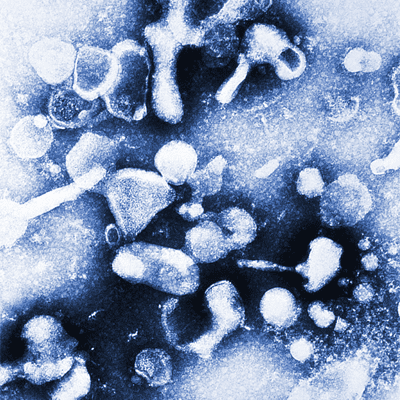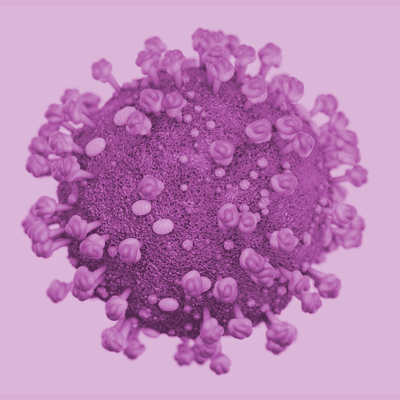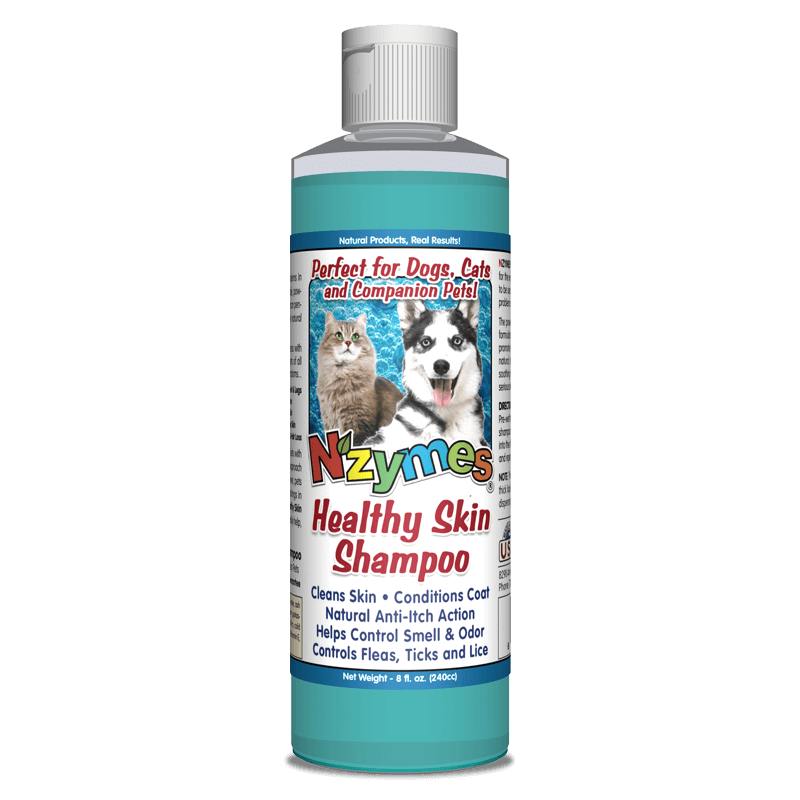
FeLV and FIV are considered retroviruses, meaning they produce an enzyme, reverse transcriptase, which permits them to insert copies of their genetic material into the cells they have infected. Both diseases may lead to the suppression of the host’s immune system, thus making the infected cat susceptible to outside viruses, and this is commonly what may lead to the death of the infected feline.

Feline Leukemia Virus (FeLV)
Symptoms include; Pale gums, Yellow color in the mouth and whites of eyes, Enlarged lymph nodes, Bladder, skin, or upper respiratory infections
Weight loss and/or loss of appetite, Poor coat condition, Progressive weakness and lethargy, Fever, Diarrhea, Breathing difficulty, Reproductive problems like sterility in unspayed female cats, Stomatitis – Oral disease that includes ulceration of gingiva.
There is presently no cure for FeLV infection. Secondary infections can be treated as they appear, and cats with cancer can receive chemotherapy. However, the prognosis is grave for cats with bone marrow compromise or widespread lymphoma.Yet, exposure to the feline leukemia virus doesn’t have to be a death sentence; about 70% of cats who encounter the virus are able to resist infection or eliminate the virus on their own.

Feline Immunodeficiency Virus (FIV)
FIV is not as common in felines, but is also contagious from cat to cat via bodily fluids (primarily biting). Cat FIV, is a retrovirus infection first discovered in cats in the U.S. The virus is often referred to as cat HIV or cat AIDS because it has a similar effect on felines. FIV-positive cats may have the virus in their system for years before showing signs of illness. The virus works by killing or damaging cells in a cat’s immune system, often targeting white blood cells. The ongoing damage of FIV in cats eventually leads to a weakening of the immune system. Once that happens, cats with FIV can become vulnerable to secondary infections.
FIV Symptoms include; Poor coat condition, Fever that comes back, Lack of appetite, Inflammation in the mouth and gums, Chronic or recurrent infections in the eyes, skin, upper respiratory tract, or bladder, Constant Diarrhea, Persistent eye problems, Seizures, Behavioral changes, Signs of neurological disorders.
There is no antiviral remedy available specifically for the treatment of FIV in cats. Most vets put their focus on trying to keep a cat asymptomatic for an extended period. One study found that FIV-positive cats live for an average of 5 years after their diagnosis, but their prognosis can vary greatly.
Nutritional Bundle to Support Feline Immune Health
When Cats are diagnosed with FeLV or FIV, it is very important to feed a nutritionally complete & balanced diet
Please see our list of Pet Foods We Recommend.
Nzymes Granules or Antioxidant Treats offer two excellent choices for superfood protein and antioxidant support for a Cats body. Whenever the body of a feline is compromised and working to recover, we feel it extremely important to double the daily usage amounts to provide additional nutritional support for the body’s recovery processes.
Ox-E-Drops offers excellent pH and Digestive support. This natural immune aid that is mixed with water in the pet’s water dish. The drops are highly alkaline, with a pH of 13, and have the effect of balancing the pH of the body. Just add the drops, based on weight, to a pet’s water dish.


